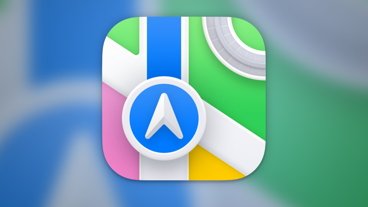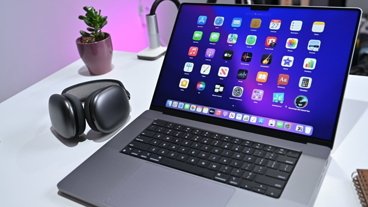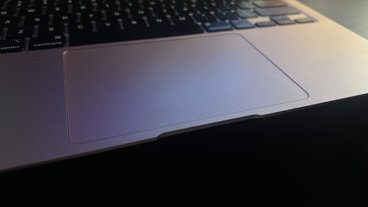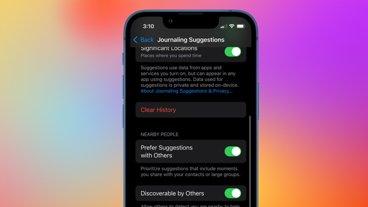Rosetta 2 lacks support for x86 virtualization, Boot Camp not an Apple Silicon option [u]
Mac users who rely on Windows virtualization software might be left in the lurch when Apple transitions to its own custom ARM processors later this year, as the company's Rosetta Intel-to-ARM translator does not support virtual machine apps.
Apple outlined the limitations of Rosetta (technically Rosetta 2) in a developer document posted to its website this week, noting that while it can translate "most" Intel-based apps, it is unable to do the same for virtual machine apps that handle x86_64 computer platforms. Popular x86_64 virtualization apps include products from Parallels and VMWare that virtualize Windows environments.
Rosetta is also unable to translate kernel extensions.
Unveiled during Monday's WWDC keynote, Rosetta is a key feature that will help Apple and developers transition from Intel-based Macs to hardware running ARM-based chips. The software layer translates apps that contain x86_64 instructions for Apple silicon, which uses an arm64 instruction set. Rolling out the feature now gives developers time to create a universal binary for their apps, but as Apple notes, Rosetta can run slow and is not a substitute for native apps.
In addition to Rosetta's x86 restrictions, Boot Camp will no longer be available for use on Macs powered by Apple silicon. For now, the macOS utility that enabled booting of both Windows and Mac operating systems, will remain in macOS Big Sur as an Intel-only feature. ARM Macs will not be able to access the feature and the company has not announced a replacement.
The transition to Apple silicon is expected to take about two years. Whether virtualization companies are working on a solution for ARM chips remains unknown, though VMWare on Tuesday said a Big Sur-compatible "tech preview" of Fusion will arrive in July.
Apple this week opened the Universal App Quick Start Program to get Developer Transition Kits in developer hands. The kits, which include a Mac mini running an A12Z Bionic SoC, will allow developers to build and test their wares prior to the release of the first ARM Macs later this year.
Update 6/24: Microsoft commented on the development in a statement to The Verge.
"Microsoft only licenses Windows 10 on ARM to OEMs," a company spokesperson said. When asked whether Microsoft plans to update the policy to account for Boot Camp's incompatibility with Apple silicon, the company said, "We have nothing further to share at this time."
 Mikey Campbell
Mikey Campbell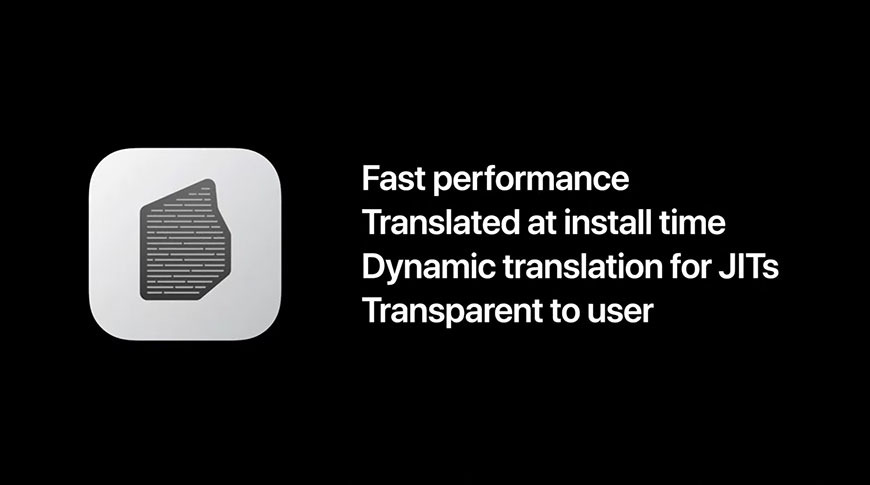











 William Gallagher
William Gallagher
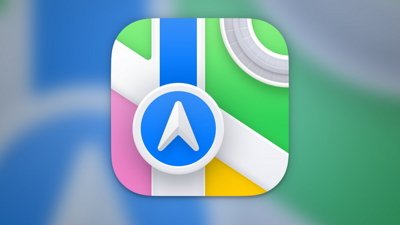
 Chip Loder
Chip Loder
 Andrew Orr
Andrew Orr
 Christine McKee
Christine McKee
 Marko Zivkovic
Marko Zivkovic

 Mike Wuerthele
Mike Wuerthele